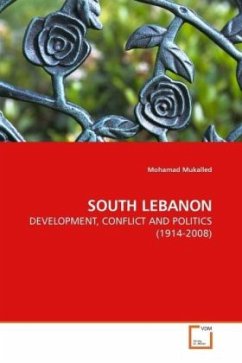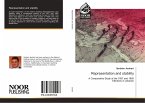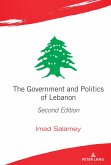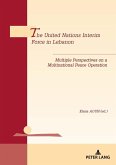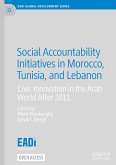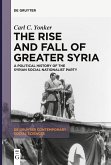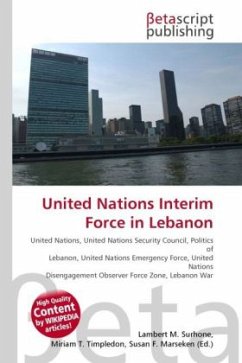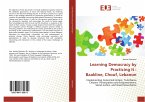2001, in Southern Lebanese village of Rashaya, at one of two last potteries there, the old man stumped the mould of clay with his bare feet ahead of the manual formation process on the rotator. His wife spoke about a forgotten history and a bloom of the South. Weaving a table cloth, the woman spoke of a time when her family worked hard to satisfy a demanding market for pottery. Rashaya had more than a dozen factories that kept everyone busy. The woman sipped her cardamom-blended coffee and reminisced about the times when their pottery was sold to Palestine, out of Bassa (a once thriving Palestinian village, now Shlomi in northern Israel). Their products were also sold to Damascus, and the Druze Mountain, and to the land of Matawleh (Shi'a) including Tyre and Nabatiyeh. By 1948 Israeli Arab war and the occupation of Palestine, South Lebanon, once a central thriving region among its neighbors, became isolated at the neglected periphery of Lebanon. Neglect was then complicated with conflict where Southerners kept trying to find their place among contesting Lebanese groups. The competition continues to this date.

